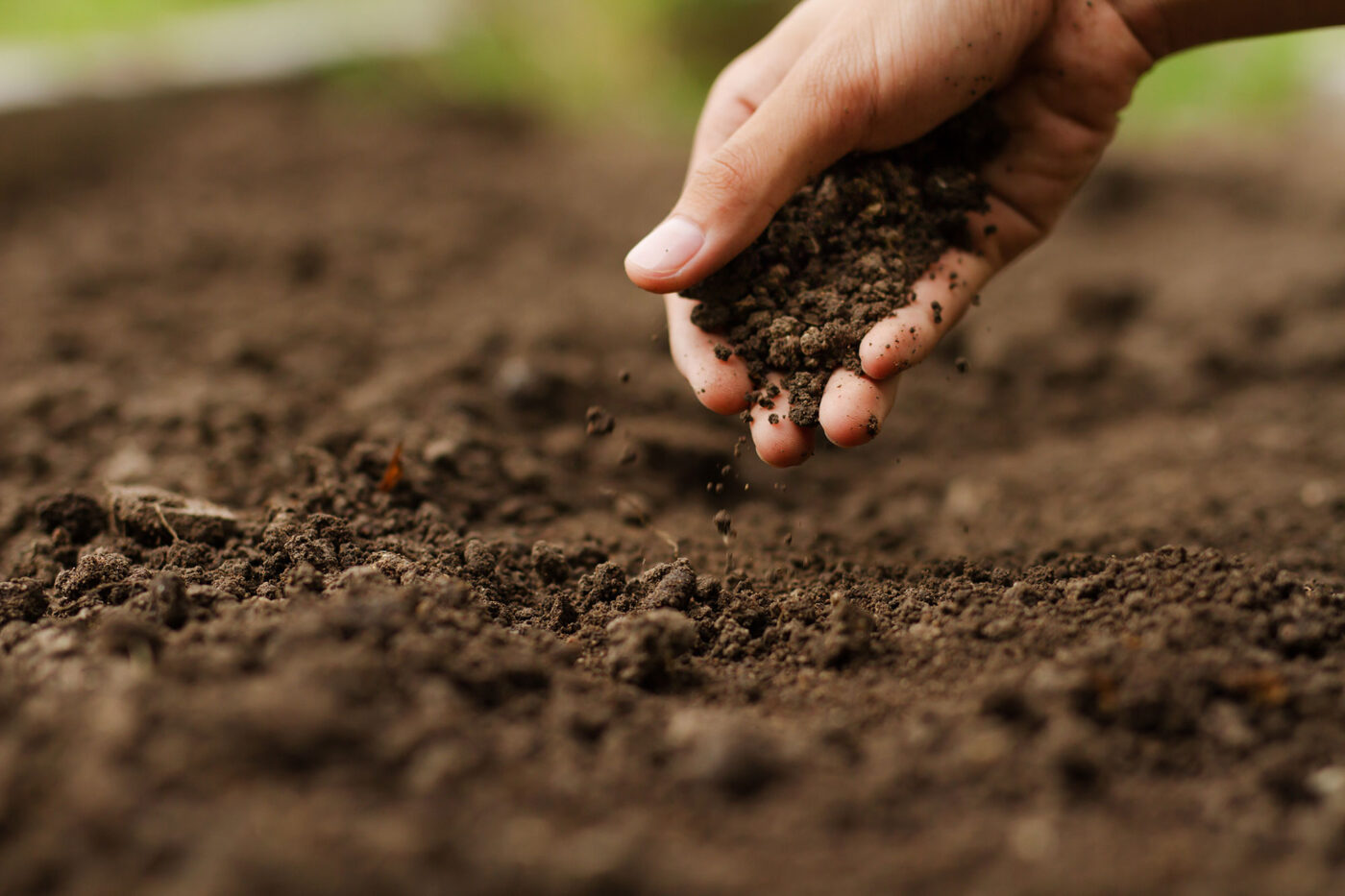Roots, Soil and Plants
Globally, soil represents a reservoir of carbon twice as high as that of the atmosphere. Good healthy soil also aids yields without the need for as many artificial inputs. For plants, their connection with the soil is through their roots and we thought we would share some fascinating facts about roots, soil and plants!

Trees and shrubs have the deepest rooting depths with an average of 7metres. Some tropical trees can grow roots to between 20 and 50 metres! Grass and cereals have roots of about 2-2.5m – Some of these differences relate simply to how long the plants are in the ground for – cereals tend to be annuals and so don’t get long to put down roots whereas trees may be decades old. Apple trees have been shown to extend their roots by about 1 metre per year
Alfalfa also has really deep roots – in some case they reach 4 or 5 metres. This is what makes it drought tolerant but they also help to put organic matter back into the soil and help to stop it from becoming compacted.
Certain minerals are more abundant further down the soil layers. Calcium is one mineral that has higher levels below 1m which may explain why alfalfa is so abundant in calcium – its roots are able to reach parts that other plants can’t.
Why would we want more plants with deeper roots?
If we get hotter and drier conditions due to climate change, plants with deeper roots will be better able to cope with these conditions so there is less risk of crop failures. There is some suggestion that is yet to be proven, that deeper roots may enhance carbon input into deeper soils which may help carbon capture.
Another benefit of alfalfa in addition to its deep roots is the fact that it is a legume. This means it has a symbiotic relationship with soil-dwelling bacteria. The bacteria take nitrogen from the air in the soil and feed this nitrogen to the legumes; in exchange the plant provides carbohydrates to the bacteria.

Just as in our digestive systems, a healthy population of bacteria in the soil helps it to remain healthy and productive. The bacteria are an important part of the nutrient recycling process taking organic matter and decomposing it into its structural parts. We see the benefits of growing alfalfa in our yield data.
Dengie is based in Essex but we work closely with another farming estate in Lincolnshire too which is where our second production site is based. Their records show that over the last 40 years, the only areas on the estate that have shown improved yields of cereals are where the alfalfa is grown in rotation. We attribute this to the benefits alfalfa has on the bacteria and levels of nutrients in the soil.
Additional environmental benefits of alfalfa include the fact that it is in the ground for 3 to 4 years and so there is no-tilling of the soil for that time which helps to keep carbon locked up
Alfalfa is a bushy plant and when established it helps to smother some weeds. As important is our harvest cycle – because we start cutting in April and May we take weeds out before they can seed and become further established. As weeds like blackgrass become resistant to herbicides, this physical management of the crops becomes ever more important.


